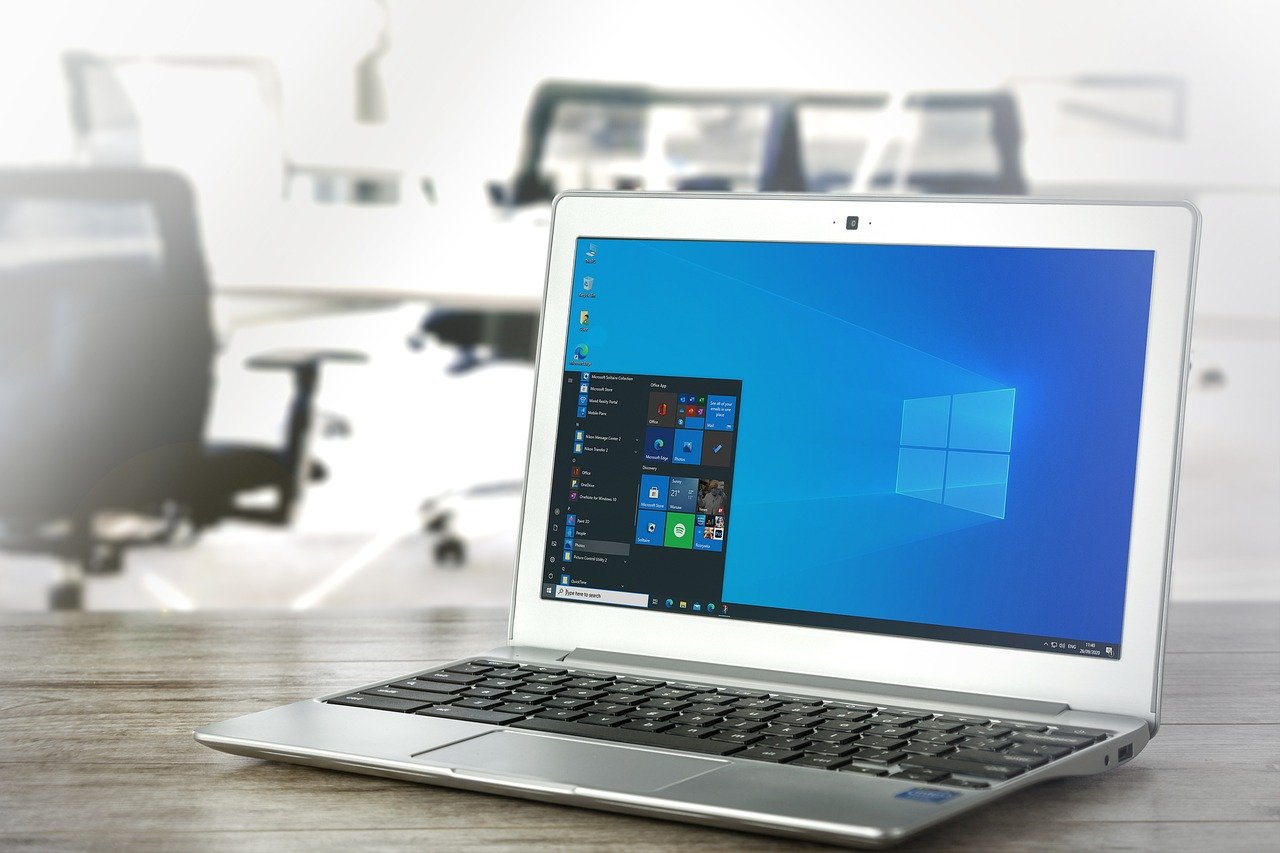
In an era where digital privacy is a hot topic, many turn to their browser's Incognito Mode as a quick solution for private browsing. This feature, available in various web browsers, is often touted as a way to keep online activities private. However, there's a significant gap between user perception and reality when it comes to the privacy protections Incognito Mode actually offers.
What is Incognito Mode?
Most people will know by now how to turn on incognito mode on their iPhone or other devices, to use private browsing in different browsers, which is designed to offer a more discreet browsing experience. When you open an Incognito window, the browser stops saving your browsing history, cookies, and site data once you close the session. It's like giving you a blank slate every time you browse. But many people get mislead by this and assume it’s the same as using a VPN service that is built in their browsers.
Comparing Incognito Mode with Other Privacy Tool
So, one critical comparison to understand is the difference between Incognito Mode and a Virtual Private Network (VPN). While both serve to enhance privacy, they do so in very different ways and to varying extents.
Differences Between Incognito Mode and VPNs
- Privacy Scope: Incognito Mode is effective for concealing your browsing history from other users on the same device. For instance, if someone else uses your laptop after you, they won't see your activities, such as the hours you might have spent reading fanfiction. However, this does not extend beyond the device. Your Internet Service Provider (ISP), and anyone with access to your network, can still see your online activities and track your IP address. In contrast, a VPN provides a more comprehensive privacy solution. It encrypts your web traffic and conceals your IP address from everyone, including ISPs. This makes it a significantly more private option than Incognito Mode.
- Pricing and Accessibility: Incognito Mode is a standard, free feature in all major web browsers. VPNs, on the other hand, often require a subscription. While free VPNs exist, and some offer free trials, they may have limitations compared to paid services.
- Use Cases and Limitations: The use cases for VPNs extend far beyond those of Incognito Mode. VPNs can help bypass internet censorship imposed by governments, schools, or workplaces. They allow streaming from different countries' servers and can enable safe file torrenting. Incognito Mode, limited to concealing your browsing history on your device, doesn't offer these capabilities. You can't change your Netflix region, access restricted websites, or torrent discreetly using just Incognito Mode.
Similarities Between Incognito Mode and VPNs
- Device-Level Browsing Privacy: Both VPNs and Incognito Mode prevent the storage of your search history on your device, provided you close your web browser after your session. This similarity ends at the device level, as VPNs take privacy several steps further by securing your data transmission and hiding your online presence from external entities.
What is a VPN & Why it’s superior to Incognito Mode
A Virtual Private Network (VPN) is a powerful tool for enhancing online privacy and security. Essentially, a VPN creates a secure, encrypted connection between your device and the internet. This tunnel shields your online activities from prying eyes, including your ISP, cybercriminals, and even government surveillance.
Pros of Using a VPN:
- Enhanced Privacy: By masking your IP address, a VPN ensures your online activities remain private, preventing websites and ISPs from tracking your browsing habits.
- Improved Security: VPNs encrypt your internet traffic, protecting your data from hackers, especially on unsecured public Wi-Fi network.
- Bypass Geo-Restrictions: With a VPN, you can access content from different regions, bypassing geo-blocks on streaming services and websites.
- Avoidance of Censorship: VPNs are crucial in circumventing government censorship, allowing access to a free internet in restrictive countries.
Cons of Using a VPN:
- Potential Speed Reduction: Encryption and routing your traffic through a VPN server can sometimes slow down your internet connection.
- Cost: While free VPNs exist, they often lack the security features of paid services, which can be a significant investment.
Why a VPN is Better Than Incognito Mode
While Incognito Mode only prevents your browsing history from being stored on your device, a VPN offers far more comprehensive protection. It not only keeps your browsing private but also secures your internet connection against external threats. This makes a VPN an invaluable tool for anyone serious about protecting their online privacy and security, far surpassing the capabilities of browser-based Incognito Mode.
So, the next time you open an incognito tab and think that you are now safe and that your search behavior is completely protected and untraceable, remember that this is not the case and that you should use a VPN service for maximum security. For cookie-free surfing, however, an incognito tab is sufficient.
Author: James Tritton
James, with a strong foundation in Computer Science and Communications Technology, has an impressive academic and professional background that reinforces his expertise. Boasting over a decade of experience in the industry, he excels in translating complex technological concepts into user-friendly how-tos. As the Editor-in-Chief of TechyLoud.com, James is known for his acute insights and dedication to guiding readers through the rapidly changing digital landscape.
